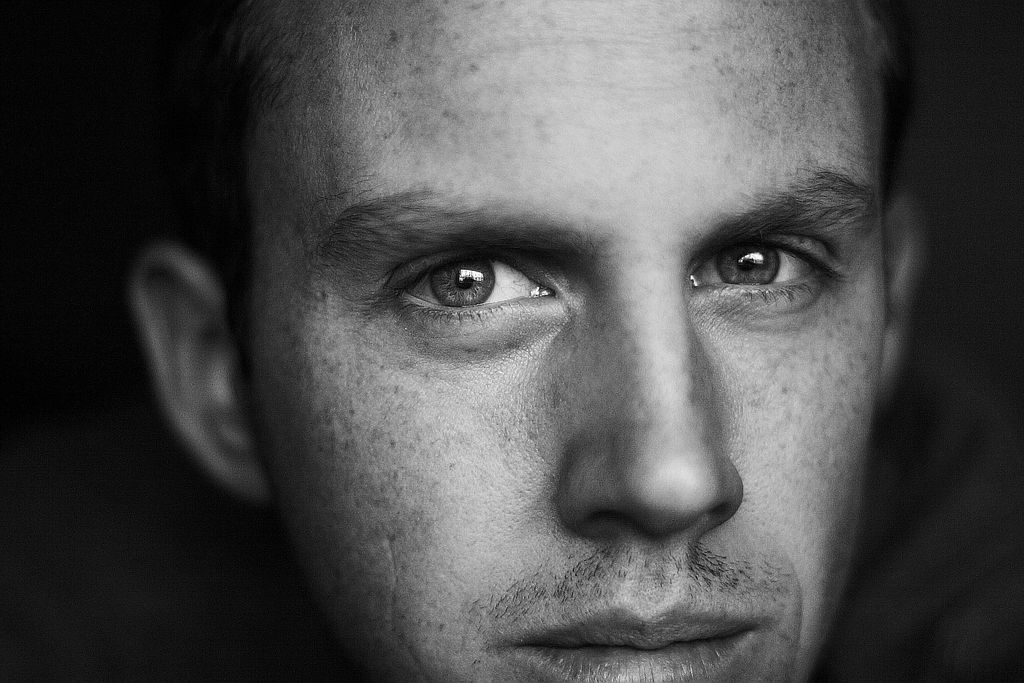We primarily grow as human beings by discovering new truths about ourselves and our reality.
– Steve Pavlina
The scope of personal development and growth is a broad one. It is through the powerful impact of personal development and growth that we can grow and improve our relationships, our careers, our wealth, our health, and our happiness. At the very fundamental core of this broad and powerful pursuit is self-awareness.
What is Self-Awareness?
Self-awareness is the conscious understanding of our thoughts, feelings, behaviors, and motivations. It is the ability to objectively analyze oneself from an external perspective, recognizing personal strengths, weaknesses, values, and worldviews. More than just introspection, self-awareness involves understanding how we are perceived by others and how our personal experiences, attitudes, and behaviors impact our daily life and interactions.
When we discover new truths about ourselves we expand our self-awareness. Think of self-awareness as a circle. Everything within and without the circle is the self. What is within the circle is what your current level of self-awareness allows you to consciously perceive.
As you expand your circle of self-awareness not only are you consciously aware of a greater portion of your self but also the borders of your awareness have expanded such that your self-awareness borders upon an expanded field of future discovery and growth.
The more doors we open the more doors we discover there are to be opened. Self-awareness is the very beginning of personal development. It may very well be the ultimate end.
Why is Self-Awareness Important?
A man is but the product of his thoughts; what he thinks, he becomes.
– Gandhi
The perspective we take on the happenings of the world and our lives largely determines for us the state of our world and our being. Thus probably the most vital lesson we can learn in life is the importance of what we think.
If you think about failure you will find reasons to fail and inevitably succumb to it. If you think about health and well-being you will make the conscious decision to take the path that leads to greater health and well-being.
Unfortunately, many of us do not consciously choose the perspective we take. Our thoughts, which may be considered covert behavior, may simply roll with life and become conditioned by events, the media, and other people around us.
If this happens we have given up our power as human beings to create our world and our life around us. In fact, we are using our own power against ourselves to make ourselves feel powerless. It is impossible for us to develop and grow ourselves if we lack awareness of ourselves.
How to Cultivate Self-Awareness
A person who is aware of himself is in a better position to predict and control his own behavior.
– B. F. Skinner
Within Buddhism one of The Three Poisons is Moha or delusion. Buddhism sees the three poisons as the root cause of all suffering. Moha basically means not knowing what is going on within oneself.
According to Buddhism, Moha is the most fundamental of the three poisons. It is a lack of awareness that lies at the root of all our problems. The cure Buddhism proposes is to extend clarity and awareness down into processes that are normally unconscious.
It is mindfulness that Buddhism uses to achieve this aim. Mindfulness is the process of bearing something in mind. An awareness, which does not drift along the surface of things but is a thorough observation, observing without judgment, without habitual reaction or compulsion, but clearly acknowledges what is actually there in the flow of experience, noting its nature.
Thus one of the ways in which we can expand our circle of self-awareness is through the development of mindfulness. This can be achieved both through meditation practice and by making a conscious choice to actively be more mindful in our daily lives. In this way, through greater self-awareness, we become empowered to choose our own way and to grow ourselves in the manner of our own choosing.






I cannot overstate how useful it is to bring mindfullness to the full extent into our daily lives.
During our ‘normal’ day, watching our thoughts and emotions spontaneously appear we can see so much about ourselves. It is rather incredible.
“A man is but the product of his thoughts; what he thinks, he becomes.” – Gandhi
This is one of the most powerful pieces of advice to acknowledge. What you think is what you do. This is a prime reason why it is healthy to try to maintain a positive outlook on life in general. I regularly battle my own mind to stay away from pessimism and thoughts of failure. After all, what you have to lose does not change whether you think about it or not, so why bother dwelling on it?
Thanks for this piece. One method of maintaining self-awareness that I’ve found helpful is to keep my attention focused on my body — fully feeling all the sensations going on inside it. We can do this in many different ways, but a simple one I’ve found effective is deeply breathing into the diaphragm and stomach and imagining the oxygen filling the entire body with healing warmth. When we’re aware of our bodies, we’re less likely to automatically repeat our old patterns of behavior and we can choose to adopt new ones. — In gratitude, Chris
I coach others to know themselves greater so that they can make more aligned choices and enhancing their awareness of self is the single most powerful practice available. Observation without judgment leads to powerful realizations. Thank you for this well-written article.
Hi Stephen,
Great article. Love your blog too by the way.
You know, I couldn’t agree with your title more. Without knowing ourselves how can we grow? It is the core and the foundation of our growth.
Consider it stumbled. ;-)
Cheers,
Jeremy
Great post! Self-awareness is certainly a topic that is popular among “personal development” blogs. I must say here that there certainly is a difference between self-awareness and self-knowledge.
Self-awareness is, as you say, is quite a broad topic. It has more to do with mindful attention to the present moment than with intimate knowledge of the self.
For the average person, an ideal place to begin, however, is with self-knowledge. In my observation and personal experience, self-knowledge has two primary parts, the first being knowledge of ourselves, first as humans and what our human brain wants us to do; and second as unique and individual personalities, which is quite a personal endeavor and often a life-long journey.
I could write an entire book on this subject (and probably will at some point in the future) but I believe these few paragraphs could be of some use to your readers.
Thanks for the useful post…
“Moderation, which consists in indifference about little things, and in a prudent and well-proportioned zeal about things of importance, can proceed from nothing but true knowledge, which has its foundation in self-acquaintance.” ~ Plato
Interesting Kent, I would go the opposite direction and say that self-awareness is the foundation in which self-knowledge can be discovered.
It is the awareness that allows us to spontaneously discover knowledge about ourselves. I’m not really sure about the context of your use of ‘personalities’ so no comment there.
Thank you everyone for your comments thus far. There have been some interesting ones.
@Jarrod – I wholeheartedly agree that the usefulness of mindfulness in daily life cannot be overstated.
@Ian – You might like to try letting go instead of battling with your mind. It’s an odd experience but I’ve found the more I let go the more negative things don’t stay around :)
@Chris – you raise an excellent point regarding how we’re less likely to automatically repeat our old patterns of behavior and can rather choose to adopt new ones when we are aware. This is certainly one of the great benefits!
@Tom – My pleasure. I feel observation without judgment is a vital skill. How can we change and develop if our perception of the current state of things is clouded by the discriminating mind that brought about the current state?
@Jeremy – Glad you enjoyed it and my blog. Thanks for the stumble!
@Kent – I feel I must agree with Jarrod. Without self-awareness how can we discover self-knowledge? As you say self-awareness is awareness in the present moment. In my experience my self is occurring constantly in the present moment – thoughts, feelings, emotions, physical sensations and reactions and so forth. All coming and going moment to moment. But perhaps we are getting lost in semantics here :)
All the best,
Stephen
Hi Stephen,
If we are not aware of ourselves, than it is hard to improve and change ourselves. Being aware is the first step to change and in turn lead us to success.
Ignorance is definitely not bliss and ignorance is a heavy cost to pay.
Cheers
Vincent
Personal Development Blogger
@Vincent,
being aware is a good personality of a person
I agree completely.It is in the ‘giving up’ of external mindsets that we begin to discover our own true thoughts.Sometimes an “extreme mental makeover” is necessary as well!
Great blog, great article. What’s sad are those that take this self-awareness for weakness – that admitting to faults is basically for those incapable of handling what life throws at them. When nothing could be further from the truth.
Thanks for your commentary!
New Hustle
Great post. It’s amazing how much more caring and kind our workplaces would be if our leaders genuinely understood and liked themselves. When leaders are actively building self-awareness they can begin to understand how their behaviors affect them and their employees.